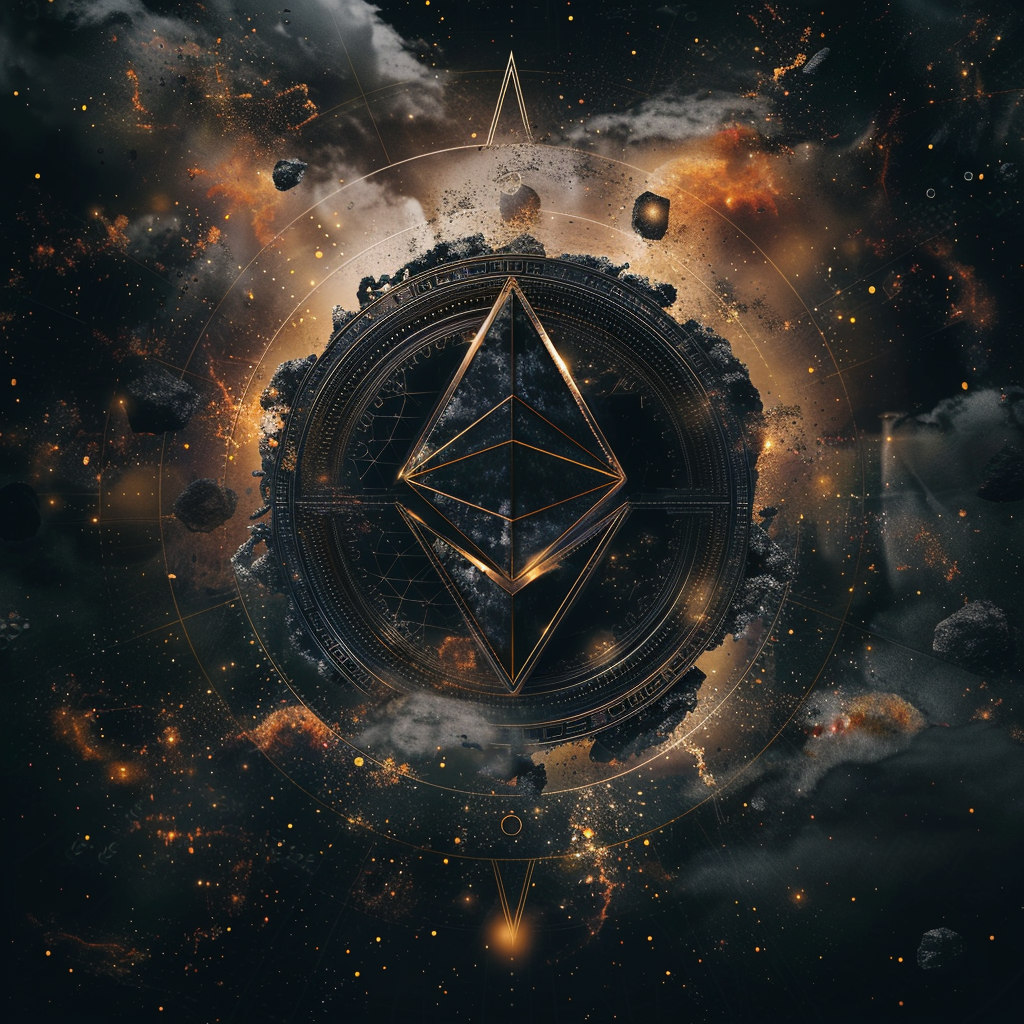
NFTs and DAOs
A QUICK OVERVIEW
What is an NFT?
A non-fungible token (NFT) is a type of digital asset that represents ownership or proof of authenticity of a unique item or piece of content, such as artwork, music, videos, or virtual real estate, on a blockchain. Unlike cryptocurrencies like Bitcoin or Ethereum, which are fungible and can be exchanged on a one-to-one basis, NFTs are unique and cannot be exchanged on a like-for-like basis.
NFTs leverage blockchain technology to provide a decentralized and transparent record of ownership. Each NFT contains metadata that defines its characteristics and ownership history, making it easy to verify its authenticity and provenance. This data is stored on the blockchain, ensuring that it cannot be altered or tampered with.
The ownership of an NFT can be transferred or sold to another party, typically through a specialized marketplace or platform. When an NFT is bought or sold, the transaction is recorded on the blockchain, providing a permanent and verifiable record of the ownership transfer.
NFTs have gained significant attention and popularity in recent years, with artists, creators, and collectors embracing them as a new avenue for digital expression and monetization. They have opened up possibilities for artists to sell their digital creations directly to fans and collectors, without the need for traditional intermediaries.
The value of an NFT is largely driven by factors such as scarcity, uniqueness, desirability, and the reputation of the creator. Some NFTs have sold for millions of dollars, attracting both mainstream and niche audiences.
It's important to note that owning an NFT does not necessarily grant any copyright or intellectual property rights associated with the underlying content. The ownership is specific to the token itself, rather than the content it represents. However, the token may include certain usage rights or additional benefits, depending on the terms set by the creator.
What is a DAO?
A DAO, or Decentralized Autonomous Organization, is an organization that operates through smart contracts on a blockchain network. It is a type of organization that is governed by its members and operates without a central authority or hierarchical structure.
In a DAO, decision-making and governance processes are typically carried out through voting mechanisms. Each member of the DAO holds voting rights corresponding to their stake or ownership in the organization. Decisions, such as the allocation of funds, project proposals, or changes to the DAO's rules, are made collectively through voting.
The smart contracts governing a DAO contain predefined rules and code that automatically execute decisions based on the outcomes of the voting process. This ensures transparency, immutability, and eliminates the need for intermediaries or central authorities to oversee the organization's operations.
DAOs are often associated with blockchain networks and cryptocurrencies, as they leverage the security and transparency provided by decentralized technologies. They enable communities to collectively manage resources, fund projects, and participate in decision-making processes without relying on traditional centralized systems.
DAOs have the potential to revolutionize various industries and sectors by enabling more inclusive, transparent, and efficient forms of organization and governance. They can be used for a wide range of purposes, including funding startups, managing investment funds, governing open-source projects, and more.
It's important to note that while DAOs offer many advantages, they also come with certain challenges and risks. These include the potential for governance disputes, security vulnerabilities, and regulatory considerations. As the technology and understanding of DAOs continue to evolve, it's crucial for participants to carefully navigate these challenges and ensure the long-term success and sustainability of the organization.
Blockchain and Cryptocurrency Table of Contents
JOIN US TO KEEP UP ON THE LATEST INFORMATION INVOLVING BLOCKCHAIN & CRYPTOCURRENCY
FREE TO JOIN, COSTLY TO IGNORE